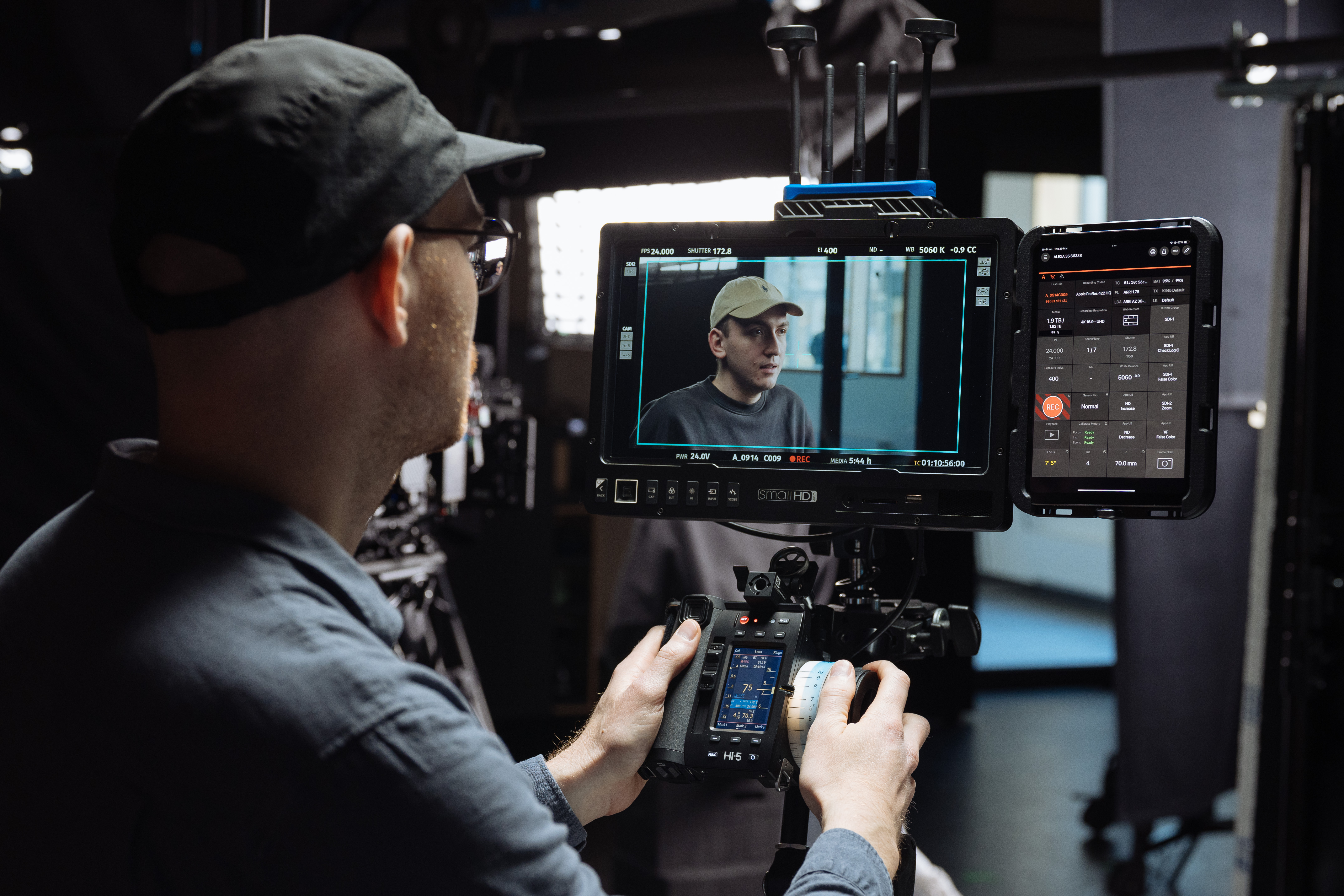Seeding the Internet
Station managers know podcasts can be an additional source of revenue; but maintaining a podcast feed can consume a lot of time and effort, not to mention require programming skills in areas like RSS and XML.
Fred Gleason Jr. believes it doesn’t have to be that way. He says the Rivendell open source radio automation system can be used to automate day-to-day feed operations while making it easier for non-technical personnel to keep online content fresh.
A podcast consists of a digital media file or files that may be downloaded to a computer or a portable media player. Podcasts can be automatically updated as new content becomes available, subscribed to or syndicated and may contain audio, video, images, PDF, text or other content.
Applications to broadcasters include weather, traffic, business news, entertainment news and the like. Examples include coverage of a local zoning issue. Build a strip mall or preserve it as open space? This type of information is dynamic, constantly changing and of interest to listeners. A podcast employs an aggregator, or feed reader, capable of reading feed forms such as the popular RSS or Atom. The podcast Web site may also permit downloading or streaming of content.
Gleason is president and co-founder of Paravel Systems, a broadcast technology company that specializes in the use of open source software and processes for broadcasters. He spoke to Radio World Channels in advance of his presentation at the 2008 NAB Show, “Seeding the Internet — Automating Podcasting With Open Source Tools.”
He said the session is intended to educate attendees on how a station can take advantage of the benefits of podcasting with a minimum amount of required technical knowledge. Gleason will talk about the use of open source software and processes that may be applied to podcasting in addition to other broadcast technologies.
“Where it often works well is with stations that feature unique content that is not available elsewhere — e.g., talk programming, local news, etc. Of course, none of this is limited to ‘radio stations’ in the strict sense; syndicated programs can often stand to benefit from a podcast feed as well.”
What does “seeding the Internet” mean?
“The title was intended to key into the agricultural metaphor that has been used by broadcasters for decades. Indeed, the term ‘broadcasting’ itself was originally a farming term, referring to the process of sowing plants by simply throwing handfuls of seed to the wind.
“‘Podcasting’ invokes some of the same sorts of metaphor, ‘pods’ simply being cases in which seeds grow on plants; so the ‘seeding the Internet’ metaphor seemed to make sense.”
The term “open source” means the source code is openly available. This differs from most commercial software where the source code (the code that commands the computer to perform certain tasks) is proprietary.
“The benefits are many, and include higher software quality and a greatly enhanced ability to control one’s own technical destiny,” Gleason said. “The way higher quality happens is straightforward — peer review of any technical system by outsiders is a great way to find flaws and problems that tend to be invisible to those ‘inside’ a project. It’s a principle that’s been well understood in the scientific realm for centuries.
“Controlling one’s destiny is perhaps even more important. Since source code is freely available, the continued viability of any given software project is not tied to the commercial success or business plan of any given entity. Source availability means that a project can always be polished, enhanced and extended into the future, regardless of how the technology environment changes over time.”
Gleason learned to combine his lifelong love of radio with computer programming when working as the director of engineering for Salem Communications’ Washington, D.C. cluster.
“This eventually led to Salem’s tasking me to develop a fully open source radio automation system, the Rivendell project. While Salem’s official sponsorship of the project ended about a year ago, the company continues to operate several of their major-market clusters with the software, while Rivendell itself remains under active development, with several new version releases in the past year.”
Using the freely available Rivendell software to automate routine operations with minimal required technical knowledge can keep podcast content fresh and up to date with minimal human intervention, he said.
Extensive live examples will be used in his presentation to demonstrate how the system works in a real-world environment.
Get the TV Tech Newsletter
The professional video industry's #1 source for news, trends and product and tech information. Sign up below.
